Themes
//Value chains
Image
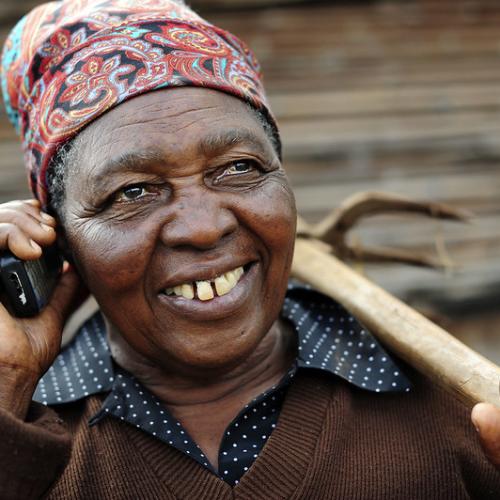
Blog
-
Experiences from Intellecap and its partners highlight that women can be economically empowered in value chains if they are given access to capacity building, technology and finance.
Image
Blog
-
Nepal's reputation for beautiful scenery is being marred by mountains of plastic waste. Now women entrepreneurs from rural communities are seeking to change all that, by making and promoting bio-products for use instead of plastic.
Image
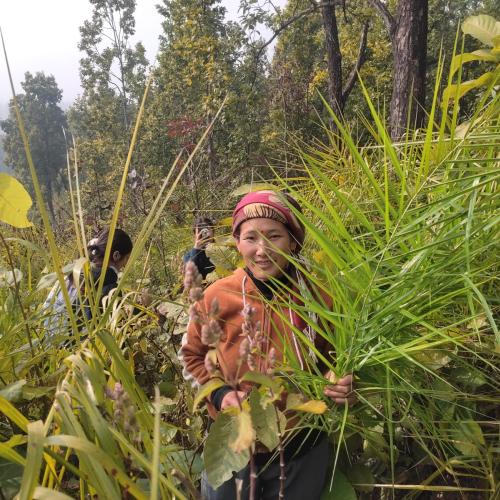
Blog
-
Rural women in Nawalparasi district of central Nepal have succeeded in producing bags, hats, and mats from Thakal, bio-cups and plates from Sal (Shorea robusta) leaves, and brooms from broom grass. They recently shared their successes and plans with government officials.
Image
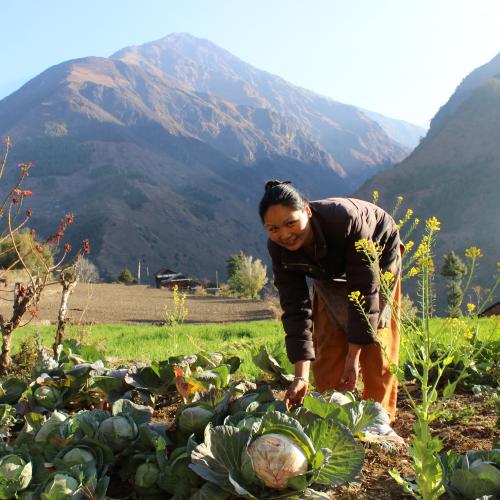
Research report
This report for the GLOW programme reviews the evidence on women's economic empowerment in low-carbon transitions. It identifies the gaps in the evidence base; and recommends how GLOW and other research initiatives and funders may further enrich the evidence, and inform policy and practice.
Image
Blog
-
The team at the Philippines Partnership for Sustainable Agriculture describe the work they are doing to improve women's economic opportunities in the production of corn and corn products.
Image
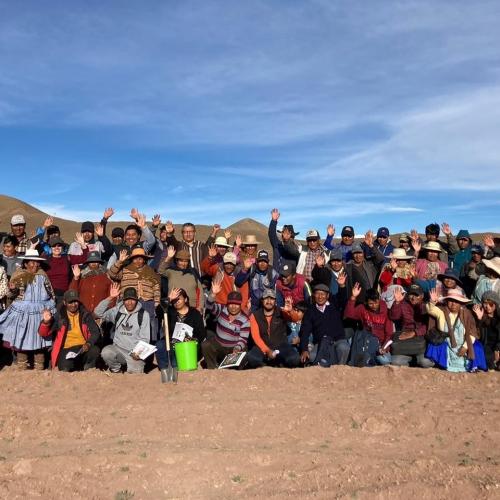
Blog
-
Daniela Romero of INESAD Bolivia shares some of the thinking behind the team's research on its GLOW project: Creating indigenous women's green jobs under low-carbon Covid-19 recovery in Bolivia's quinoa sector.
Image
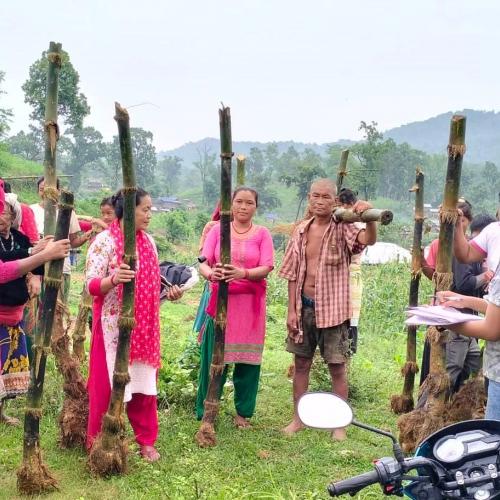
Blog
-
The Bhujel women, belonging to a migrant community in Nepal with high poverty levels, have transformed their relationship with the local natural resource base through a GLOW-funded project and its creative approach.
Image
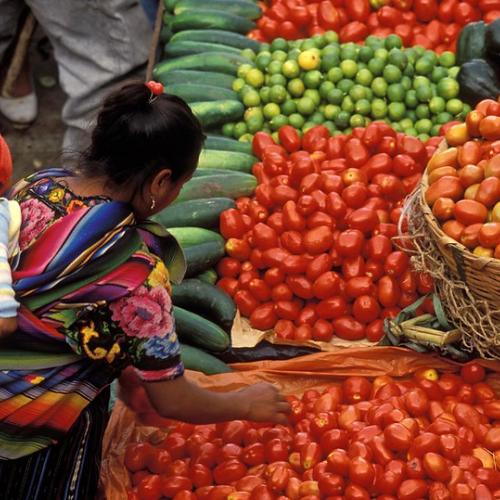
Project
This project aims to promote women's empowerment in the cocoa and tomato agricultural value chains in El Salvador, Guatemala and Nicaragua while, at the same time, contributing towards a net-zero carbon transition in Central America.
Image
Project
This project aims to inform a transition to a low-carbon economy in ASEAN’s agriculture sector, specifically in the countries of Cambodia, Vietnam and the Philippines.

